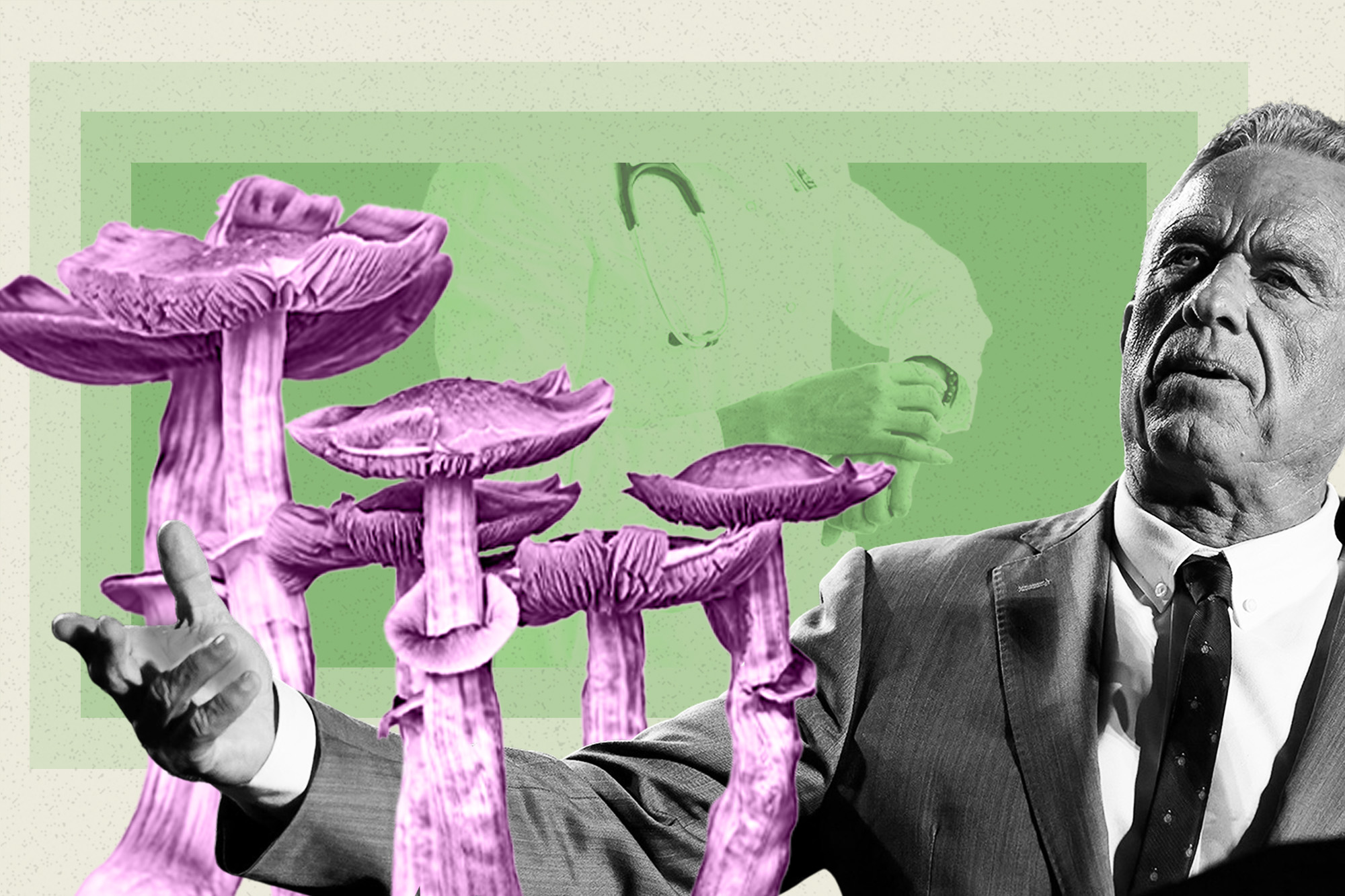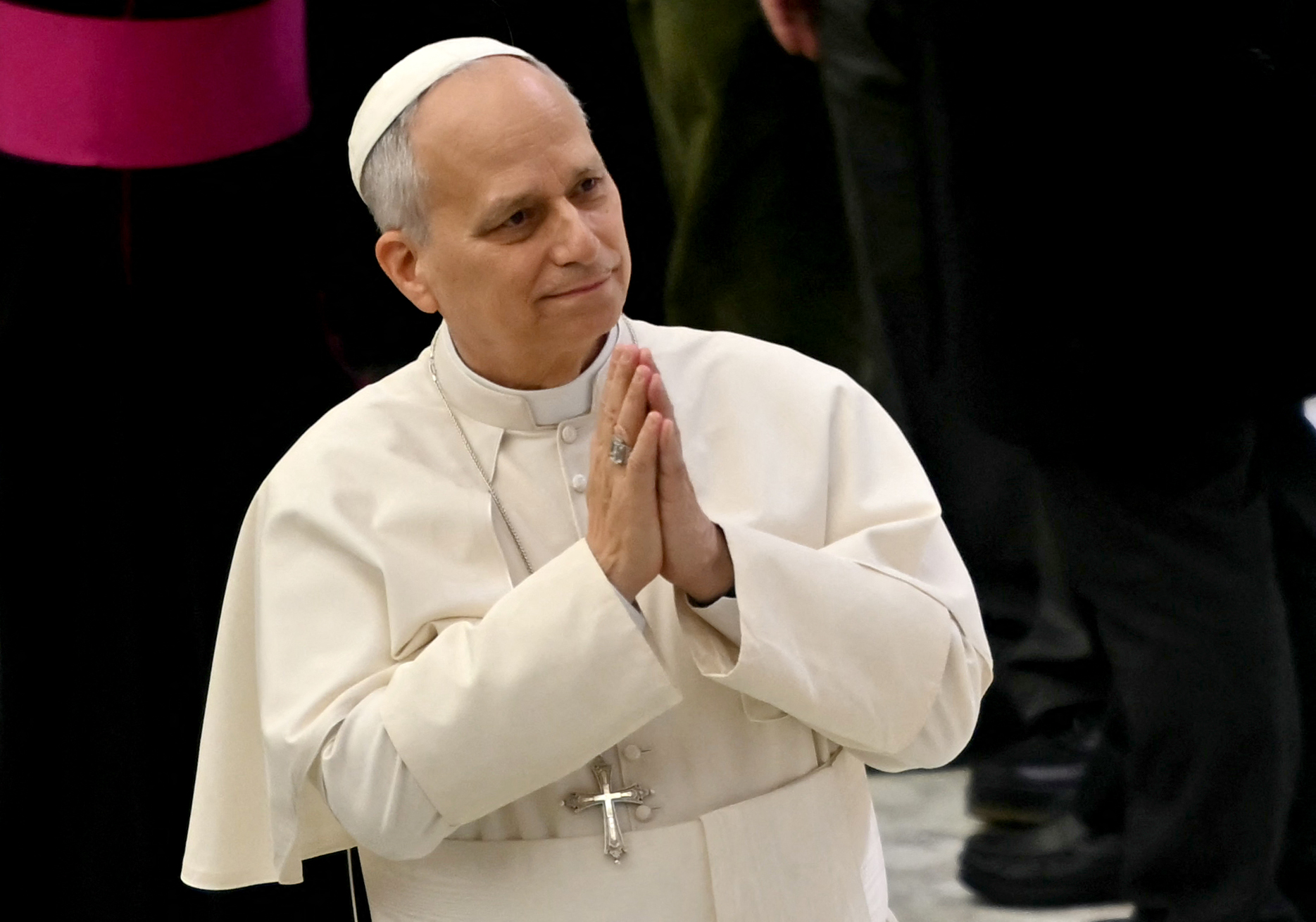
When Ruthie Ackerman chose to use a donor egg to conceive, she faced a profound concern: would the absence of shared genetic material create a barrier between her and her child? Today, after experiencing the journey of motherhood, Ackerman understands a deeper truth: family transcends biology and genetics; it is built on dedication and presence.
Understanding Family Beyond Genetics
Ackerman’s initial worries reflected a common apprehension among parents using donor eggs or sperm. Many fear that their lack of a genetic connection might affect their bond with their child. Yet, her experience has taught her that family is much more than mere DNA; it is about nurturing, love, and commitment.
The concept of family has evolved significantly in recent years. With advancements in reproductive technology, more individuals and couples are exploring options such as donor eggs, sperm donation, and surrogacy. These methods have opened doors for countless families who might not otherwise have the opportunity to conceive.
Ackerman’s journey is an illustration of this shift in perspective. She recalls the moment she held her child for the first time, realizing that the bond they shared was formed through countless acts of love and care, rather than genetics.
The Power of Devotion
Devotion, as Ackerman describes, is the essence of family. It is about the daily choices parents make to prioritize their children’s well-being and happiness. This sentiment resonates with many who have formed families through non-traditional means.
Many parents using donor eggs report similar feelings of fulfillment and connection. They often emphasize that the emotional and psychological aspects of parenting far outweigh the importance of genetic ties. The love and commitment they provide create lasting bonds that define family life.
As societal norms continue to evolve, it is crucial to recognize that family can take many forms. Ackerman’s journey highlights the importance of redefining what family means in the modern world. The focus on emotional connection over genetic lineage reflects a broader understanding of family dynamics.
In conclusion, Ruthie Ackerman’s story serves as a reminder that the essence of family lies in love and dedication. Her experience demonstrates that biological connections do not solely define familial relationships. Instead, it is the unwavering commitment to one another that truly shapes a family.







